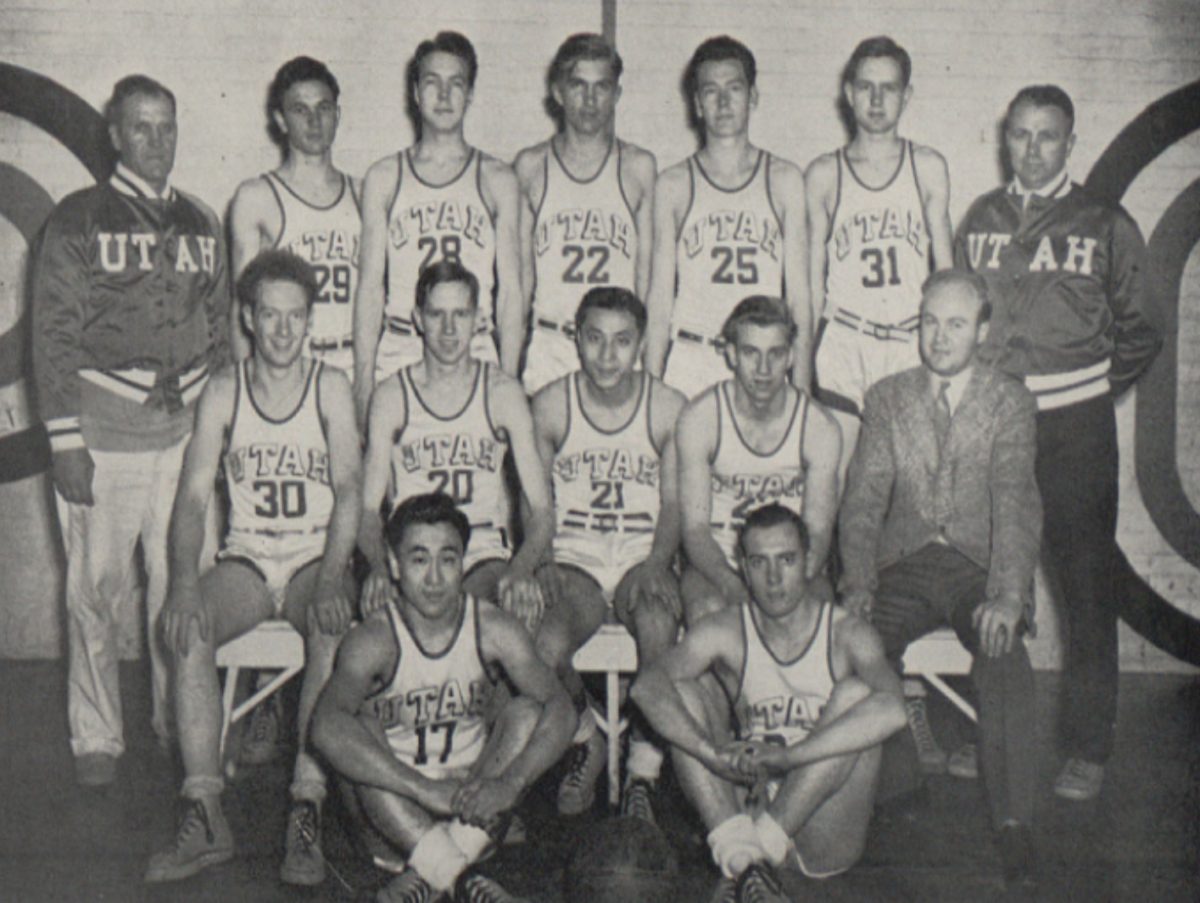Poma: Should You Join an On-Campus Organization?
Student clubs and organizations gathered together for Plazafest January 8, 2016 in the Union Ballroom | Chronicle archives.
October 20, 2020
On-campus organizations are a highlight of many students’ first year of college. For some, they may even have been a factor in deciding which school to attend. But given how overwhelming classes, work and other responsibilities tend to be, many students might feel that campus clubs and organizations just aren’t worth it. The truth is, there are good reasons for students to participate in extracurricular activities as well as good reasons to focus on coursework. Ultimately, the decision to participate in clubs and activities should depend on what a student wants to make of their time at the University of Utah — not just what might look good on a resume.
The U has an on-campus organization for just about everyone. Some groups can help build a resume, offer leadership experience without committing to a full-time job, and facilitate valuable networking opportunities. Service organizations like the Bennion Center give students the chance to gain field experience around issues they’re passionate about, such as immigration, the environment, LGTBQ+ rights and so on. The U also has several student media platforms, where students can build their writing and editing skills.
Other organizations focus more on casual team-building and outlets to nurture numerous hobbies — Greek Life, Esports, Edible Campus Gardens and dozens of other student groups provide smaller communities within the university. They can serve as a place to unwind, develop friendships or broaden horizons. And if there’s not a club that piques your interest, it’s fairly easy to start one — all it takes is a little paperwork and a few friends who share your unique passion.
For some students, though, choices about extracurriculars may have less to do with which groups to join than whether to join one at all. Your personal lifestyle and goals can help narrow down the decision. Across the board, on-campus organizations offer you a chance to connect with other students beyond your classrooms or dorm. Students fill most positions within these groups, providing a gateway to build leadership and collaboration skills. Given the array of activities at the U, you’re bound to find something that benefits both you and the communities you associate with.
As an added bonus, having a campus organization in your schedule can give a sense of normalcy to your first year at the U. They serve as space outside of all your classes to explore campus life in a different and productive way.
But joining an organization comes with challenges, too. For example, fraternities and sororities, or Greek Life, often have membership fees and dues costing thousands of dollars. And no matter what kind of group you’re interested in, there will inevitably be some kind of time commitment attached to it–so be mindful of how much time you’re willing to dedicate to activities outside your coursework. Whatever the benefits of participating, the clubs you want to join may not work with your class schedule semester-to-semester. They might require additional work such as writing or organizing. Some meet later in the evening, conflicting with work schedules or off-campus living situations. And for some students, studying or working a part-time job might be more important than extracurriculars.
So, what exactly is the right answer? The bottom line is that your college experience will be what you make it. If you want to dedicate some time to an organization on campus, you’ll likely find a group that fits your needs and interests. But even if every one of your friends joins an organization, you’re not doing anything wrong by using your time differently.
When I started at the U, I didn’t think I would join any on-campus groups — I wanted to stay focused on my studies and call it good. But I took a leap of faith to join the Chronicle because I wanted to hone my writing craft, and I ended up making some new friends and learning to make it work with my schedule. But I also don’t have a desire to join something like a sorority because that’s not how I personally want to spend my time or money. It differs from person to person.
The first year of college is a difficult transition personally and socially, and organizations are a great way to find a community on campus. But there’s no need to feel pressure one way or another, whether from peers, parents or other sources. Evaluate what means the most to you, how you want to spend your time and where you want to be. Once you establish some basic priorities, you’ll be well on your way to a successful first year of college.








Michelle Wilde • Oct 21, 2020 at 10:53 am
Please consider reaching out to the Involvement Ambassadors through Student Leadership and Involvement to discuss how to get involved!